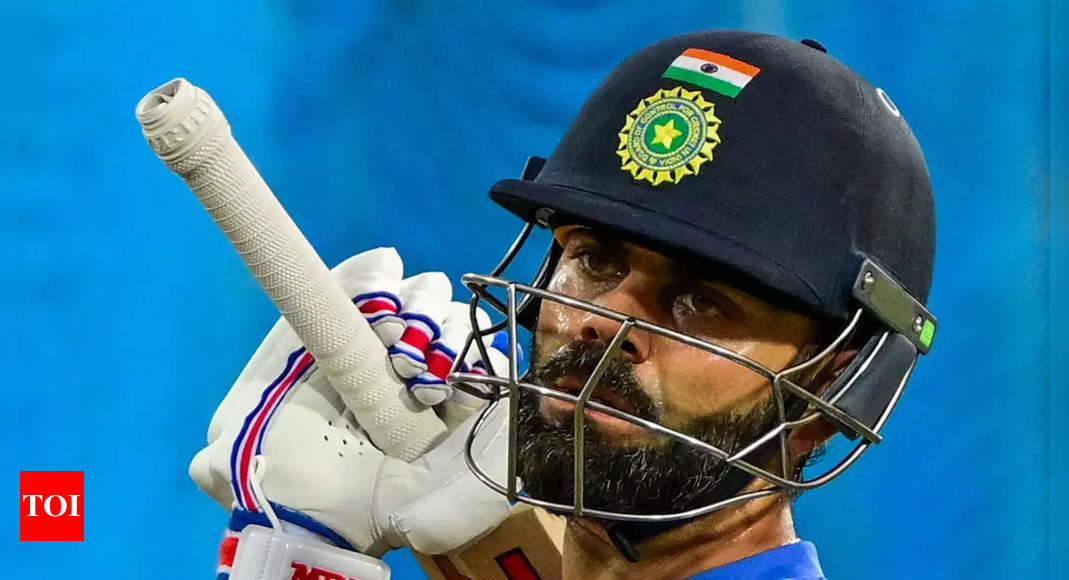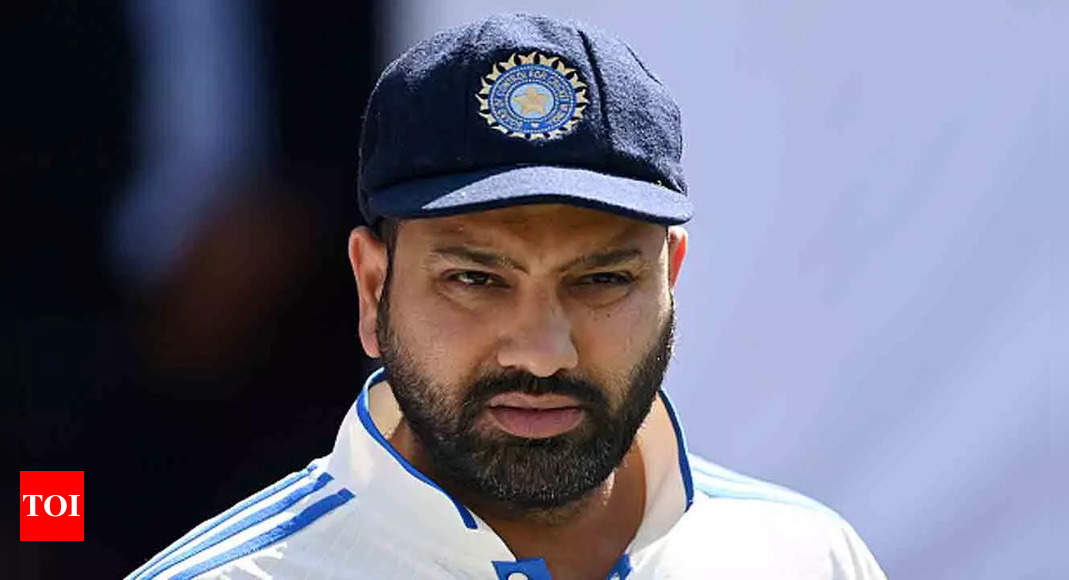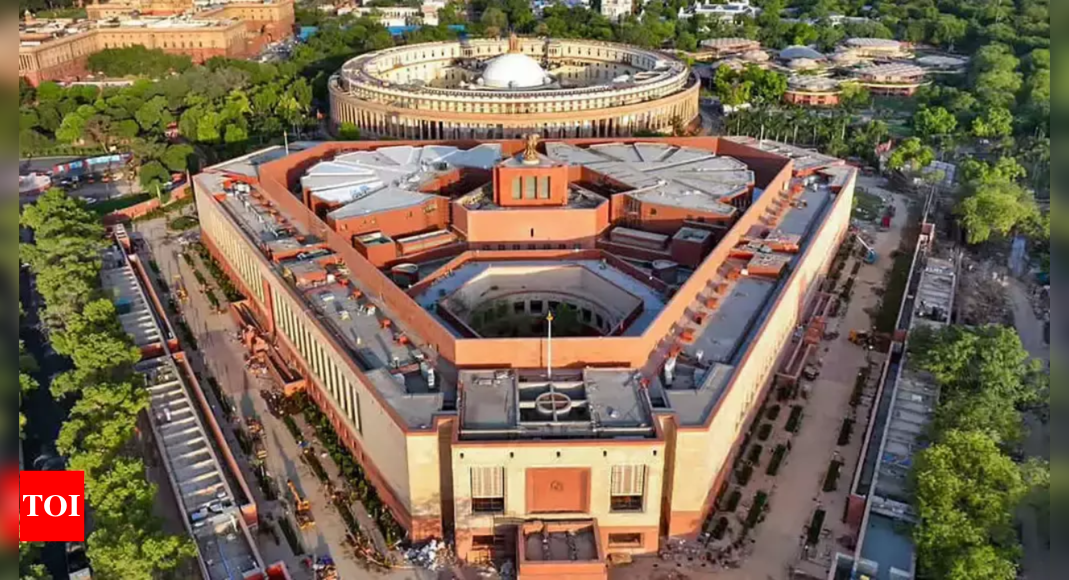
Virat Kohli hasn’t had the ideal beginning to India’s crucial 10-Test run in the next four months, failing in the two innings of the first Test against Bangladesh in Chennai. It has once again ignited the debate if the batting legend is past his prime, with former Australia spinner Brad Hogg sticking his neck out to say that Kohli can’t get past Sachin Tendulkar‘s record.
In a YouTube video, Hogg compared Tendulkar’s tally of Test runs to Kohli and star England batsman Joe Root, saying that only Root is in with a fair shout to break the world record of 15,921 runs that Tendulkar scored in his 200-Test career.Kohli, he reckoned, has lost momentum.
The 33-year-old Root, with 12,402 runs so far in 146 Tests, is 3519 runs behind Tendulkar. Kohli, who will turn 36 in November, has 8871 runs in 114 Tests.
“I just don’t think Virat is going to get there,” said Hogg. “I think he’s lost his momentum, and the momentum that he’s lost has been for a number of years now. He’s got to turn around in the next 10 Test matches, or he’s going to drop off.”
Will Joe Root and Virat Kohli Surpass Sachin’s Test Record? | #Hogg’sVlog
Comparing the year 2024 for Kohli and Root highlights their contrasting form. In 15 matches across formats this year, Kohli has scored only 319 runs in 17 innings at an average of 18.76, including just one fifty. On the other hand, Root has made 986 runs in 20 Test innings this year at an average of 54.77, including four centuries and as many fifties.
“So, Joe Root has (played) 146 Test matches with 12,000 (12402) runs. Sachin Tendulkar made nearly 16,000 (15,921) runs in 200 Test matches. That’s 4,000 runs in 66 Tests. I think Joe Root can go close to toppling that,” said Hogg.
“Watch out, Joe Root is on the move to beat Sachin Tendulkar! I think quietly he’ll have that in the back of his mind to try and topple that little unique stat.”
The dip in Kohli’s Test form is more evident since 2020. In 52 Test innings across 30 Tests between 2020 and 2024, Kohli has scored only 1669 runs at an average of 32.72, including 2 hundreds and 8 half-centuries.








